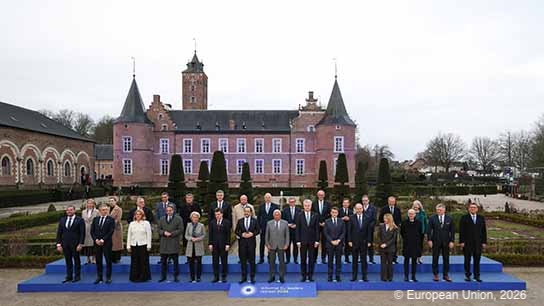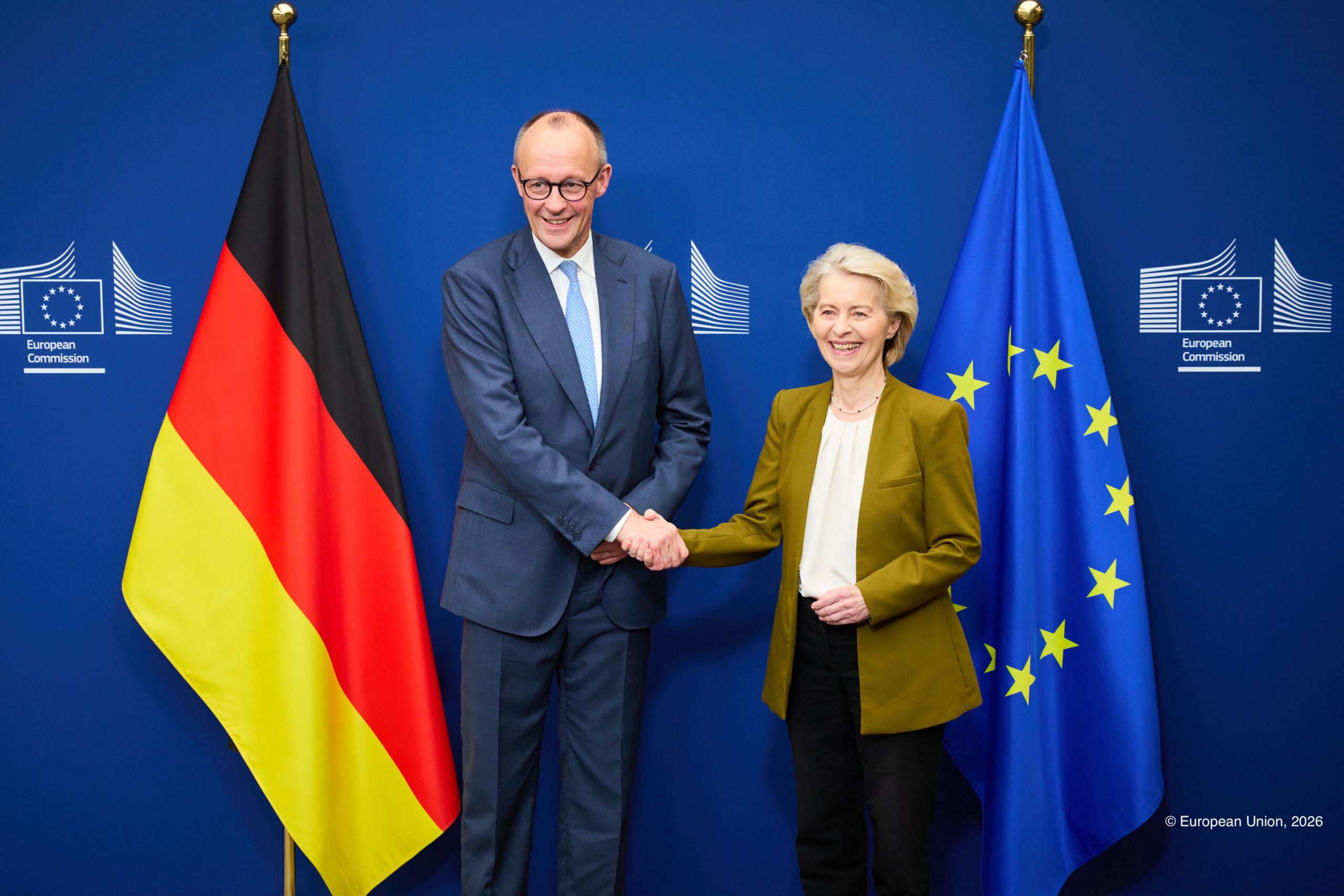The EU’s new Industrial Action Plan for the European automotive sector was a central topic during discussions at the European Parliament plenary in Strasbourg and at the Competitiveness Council, where Member States gathered to deliberate on its future. The plan aims to maintain the sector’s global competitiveness through innovation, digitalisation, clean mobility, and enhanced supply chain resilience while addressing the environmental and regulatory challenges that the industry currently faces.
Debate in the Strasbourg plenary
At the European Parliament plenary on Wednesday (12 March), Polish Minister for European Affairs Adam Szłapka, on behalf of the Council, underlined the automotive sector’s importance to the EU economy, noting the need for flexibility—especially concerning CO₂ emission performance standards—to provide certainty amidst rapid technological change and intense global competition. Meanwhile, the Commission, represented by Transport Commissioner Apostolos Tzitzikostas, presented the Industrial Action Plan to keep the industry innovative and competitive. He highlighted measures to harmonise EU legislation and boost skills development, ensuring the automotive sector remains at the forefront of technological advancement.
During the plenary, political groups offered a range of opinions in a generally concise manner. A broad consensus emerged among several groups—such as the European People’s Party, Renew Europe, and the European Conservatives and Reformists—supporting a balanced, technology-neutral approach prioritising innovation and market-driven solutions.
In contrast, other groups, including the Socialists and Democrats alongside the Greens and parts of the ECR group, expressed concerns over delays in transitioning to zero-emission vehicles and called for more ambitious environmental measures. Overall, while opinions varied on the specifics, there was a shared call for policies that adequately support industry competitiveness without compromising green objectives.
Member States’ feedback at the Competitiveness Council
At the Competitiveness Council on Wednesday (12 March), the overall tone was of cautious optimism coupled with pragmatic demands. European Commission Executive Vice-President Stéphane Sejourne introduced the Automotive Plan by emphasising a new European consensus on industrial policy. He noted that the plan had been well received by stakeholders, including car manufacturers and the battery industry. They also stressed the importance of collaboration across the entire value chain to meet production targets.
Although remarks varied, there was a general agreement among Member States on the need for regulatory flexibility and long-term stability. Some countries raised concerns about the potential disadvantages for early adopters if CO₂ standards were amended too abruptly, while others called for maintaining a technology-neutral stance and supporting productive investments. Finally, Member States had a shared understanding that the automotive sector is critical not only to national economies but also to the EU’s broader industrial and environmental ambitions.
Conclusion
The debates in Strasbourg and Brussels reveal a fragmented consensus. While the plan is designed to spur innovation and secure the sector’s competitiveness in a rapidly evolving global market, it must also accommodate diverse views on environmental responsibility and market regulation. With China and the U.S. advancing rapidly, the bloc’s success will depend on bridging its internal divides—and turning its Industrial Plan into actionable, balanced policy.

